

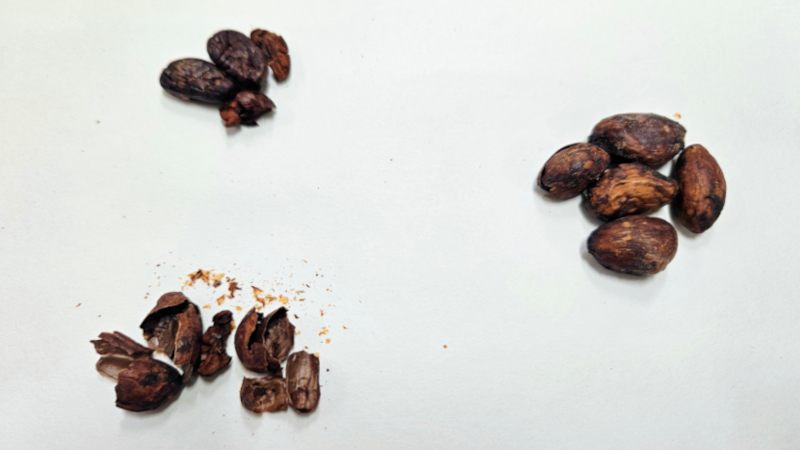
Researchers at the State University of Campinas used a product from native stingless bees to extract bioactive compounds, such as caffeine, from chocolate manufacturing waste. This process adds nutritional and commercial value to an ingredient that is usually discarded.

Researchers at the State University of Campinas used a product from native stingless bees to extract bioactive compounds, such as caffeine, from chocolate manufacturing waste. This process adds nutritional and commercial value to an ingredient that is usually discarded.
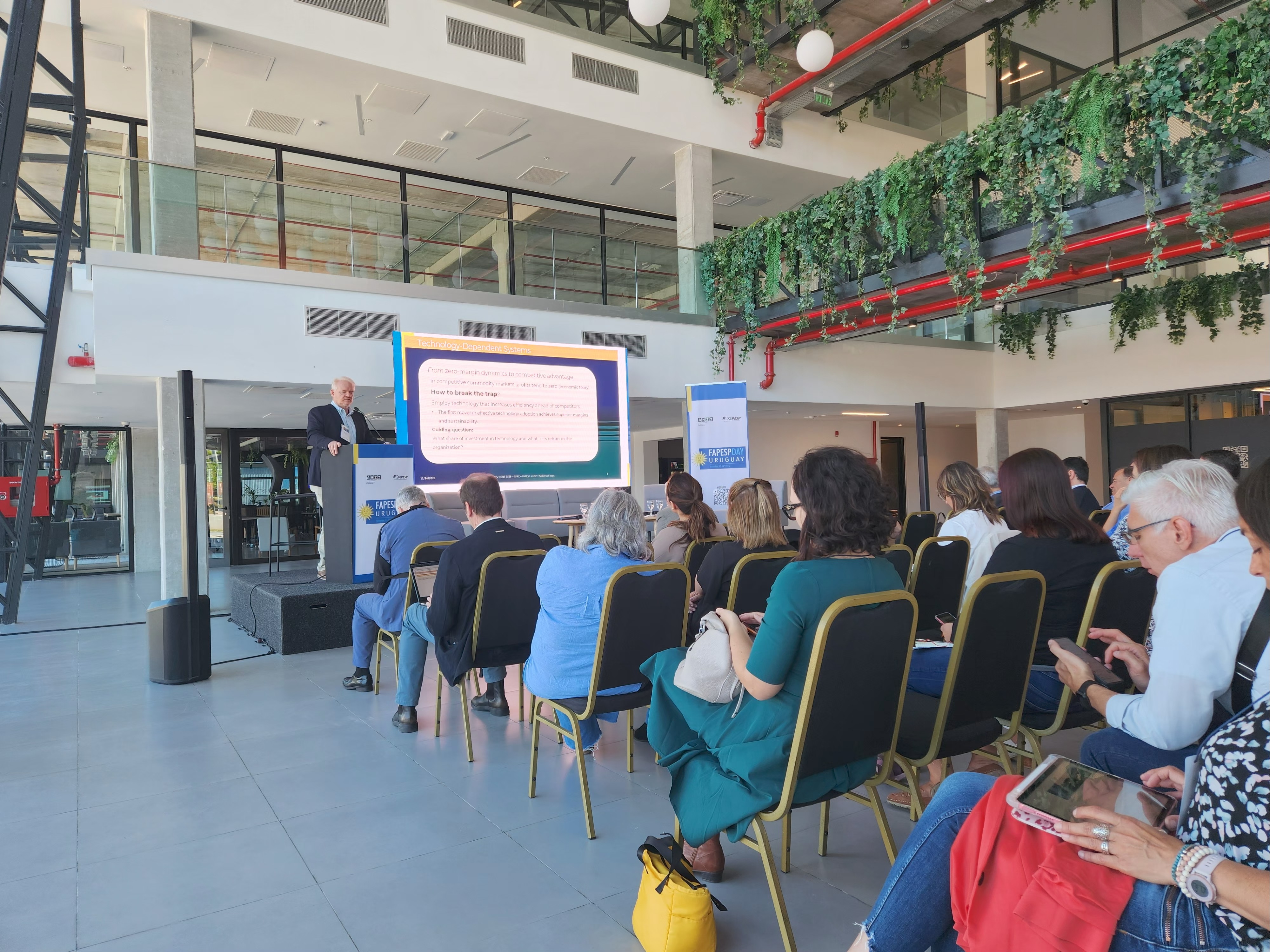
Professor Sérgio de Zen presented the project during the FAPESP Day Uruguay symposium. An investment of USD 20 million over five years is planned.

Professor Sérgio de Zen presented the project during the FAPESP Day Uruguay symposium. An investment of USD 20 million over five years is planned.
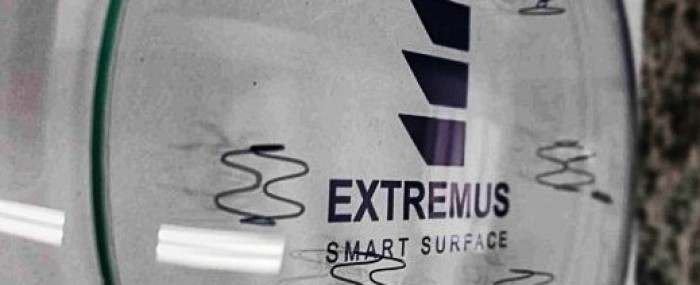
Technology created by a startup supported by FAPESP accelerates patient recovery and improves biological integration.
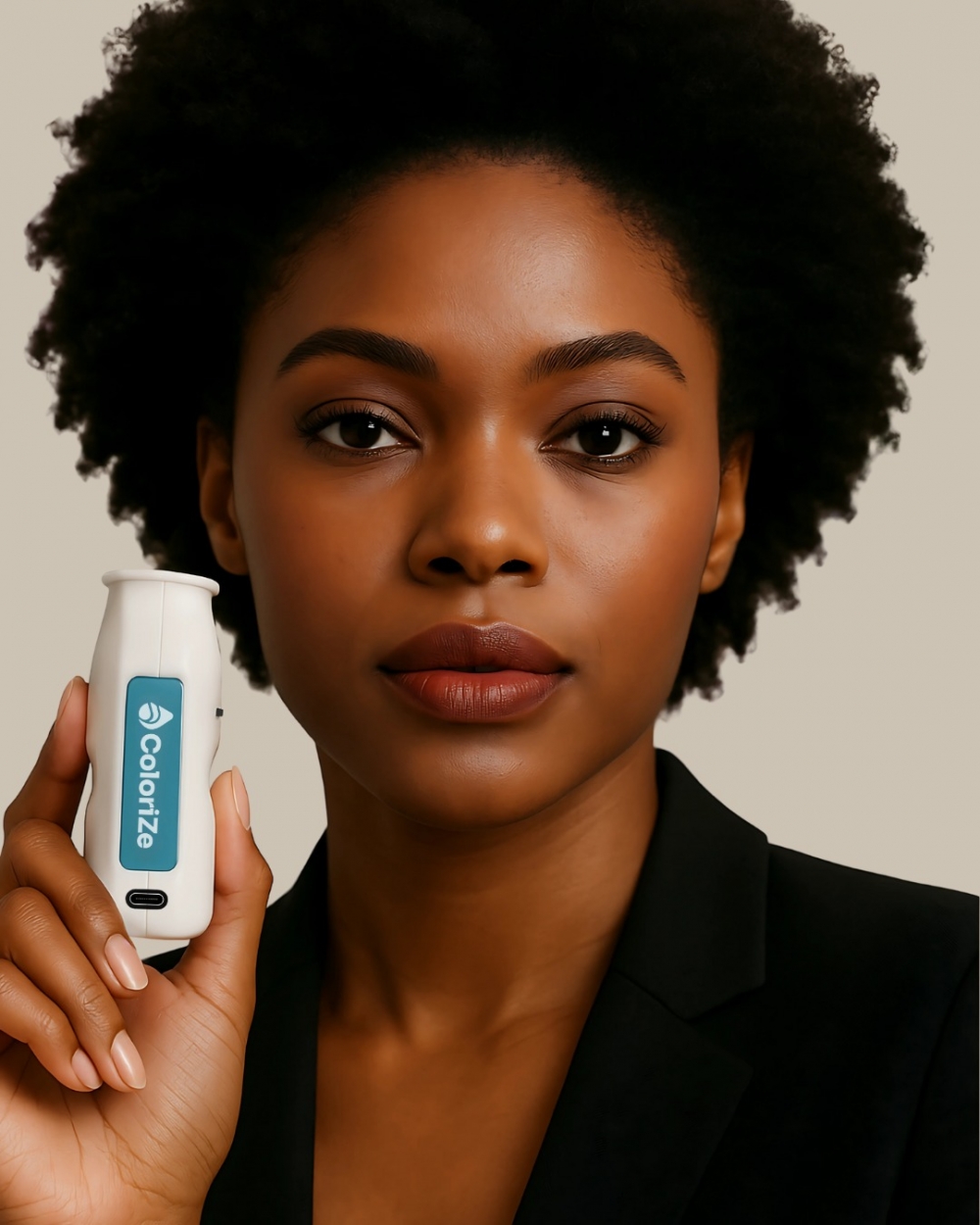
Spin-off of startup supported by FAPESP develops technology based on artificial intelligence to create individualized beauty products.

OpenIPMC ensures reliable data collection from the Large Hadron Collider’s detectors.
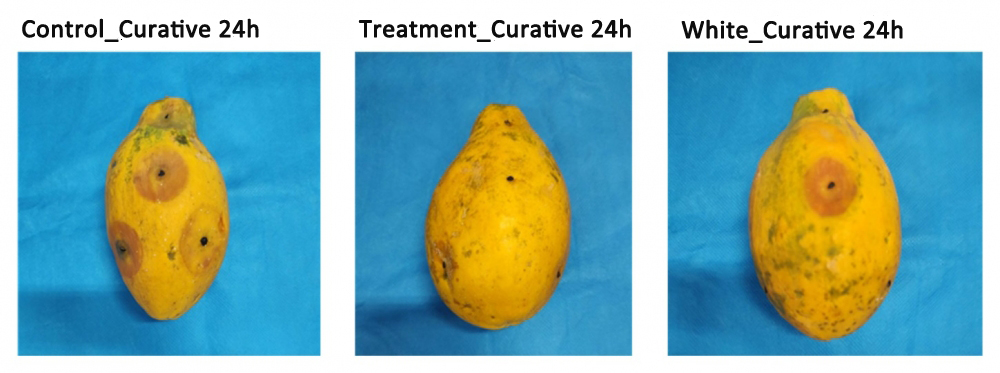
FAPESP-supported startup develops formulations based on bio-inputs to combat fungal infections and reduce the use of pesticides in fruit growing.
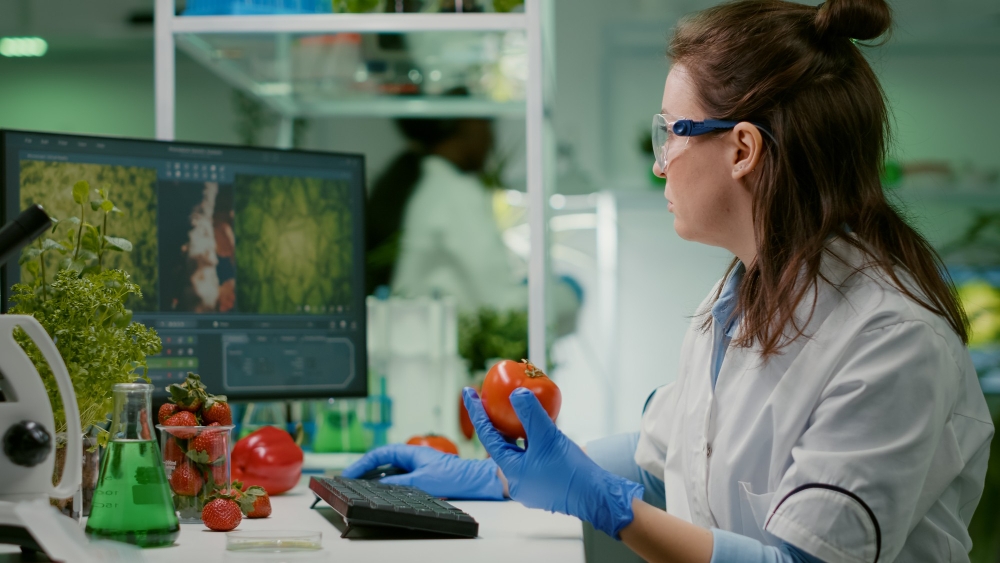
According to a report by the consulting firm Emerge, almost half of the 952 science-based startups mapped in the country develop solutions in this area, especially for the health and agribusiness sectors.
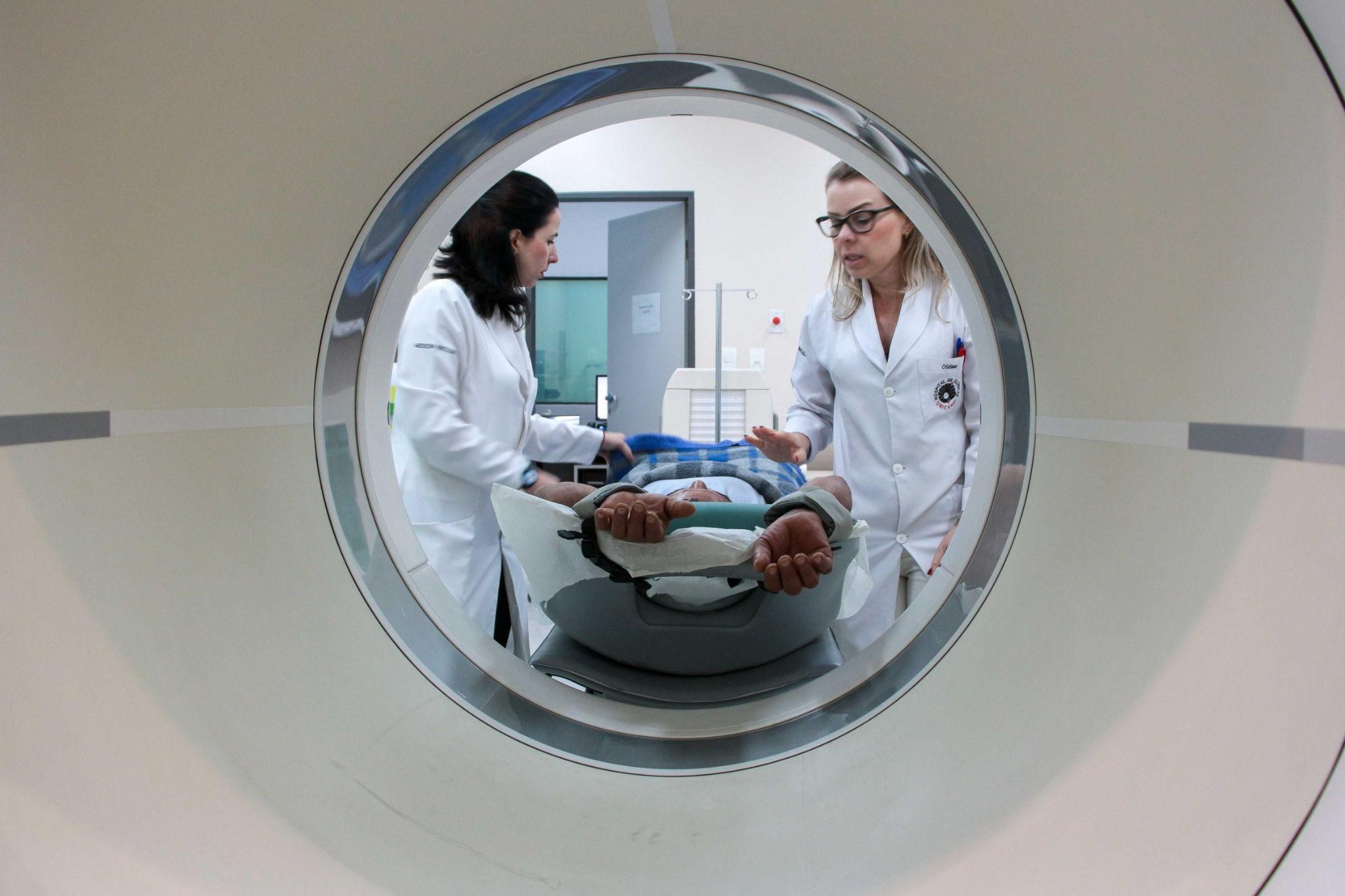
The new functionalities allow the Cancer Theranostics Innovation Center to generate dynamic, more detailed images and provide more accurate diagnoses. The device is available to the scientific community in the state of São Paulo.

These findings are from the Deep Tech Radar Latam 2025 report, prepared by the consulting firm Emerge in partnership with Cubo Itaú.
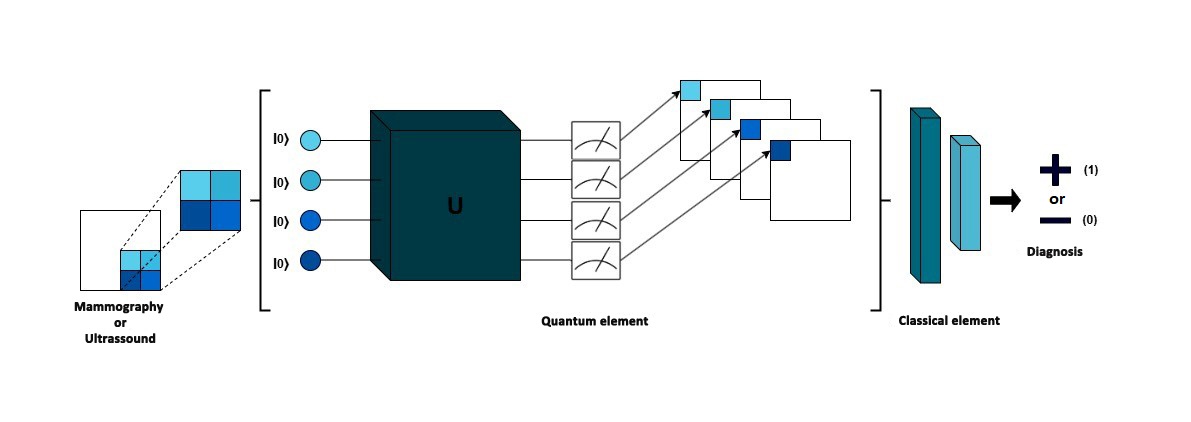
Simple quantum-classical neural networks achieve good results in classifying lesions with fewer computational parameters. Scientists from São Paulo State University demonstrated a hybrid model at an international symposium.

Technology created at the Research Center for Greenhouse Gas Innovation helps identify contaminating microorganisms, enabling plants to combat them more quickly and effectively.
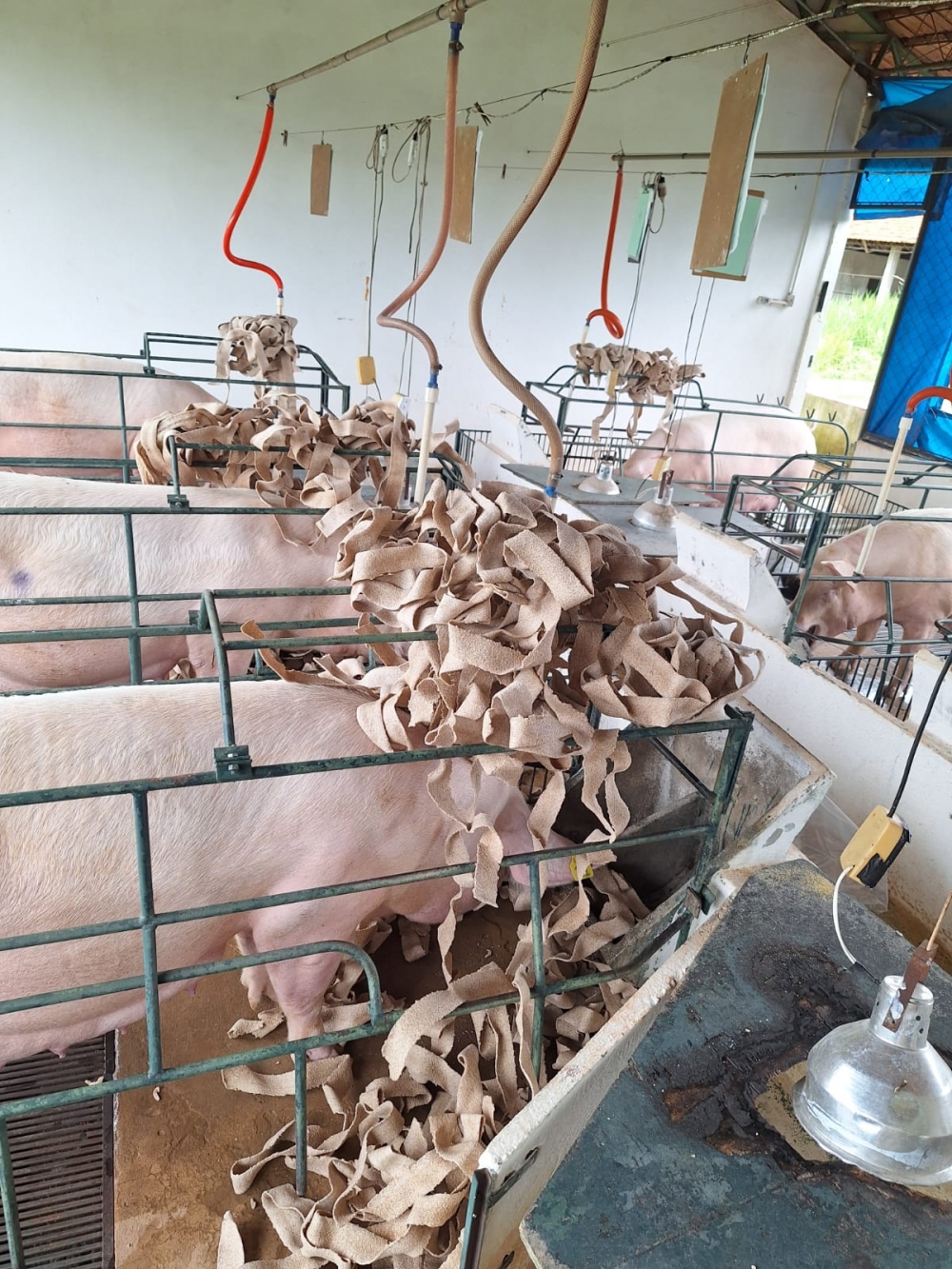
São Paulo startup develops biodegradable material that resembles branches, leaves, and grass used by pregnant sows in nature to prepare their birthing environment.

Automated solution developed by a FAPESP-supported startup promises to reduce operating costs and eliminate losses caused by traditional methods.

Researchers from the Center for Innovation in New Energies study metal complexes that can speed up chemical reactions capable of generating products for a low-carbon economy.
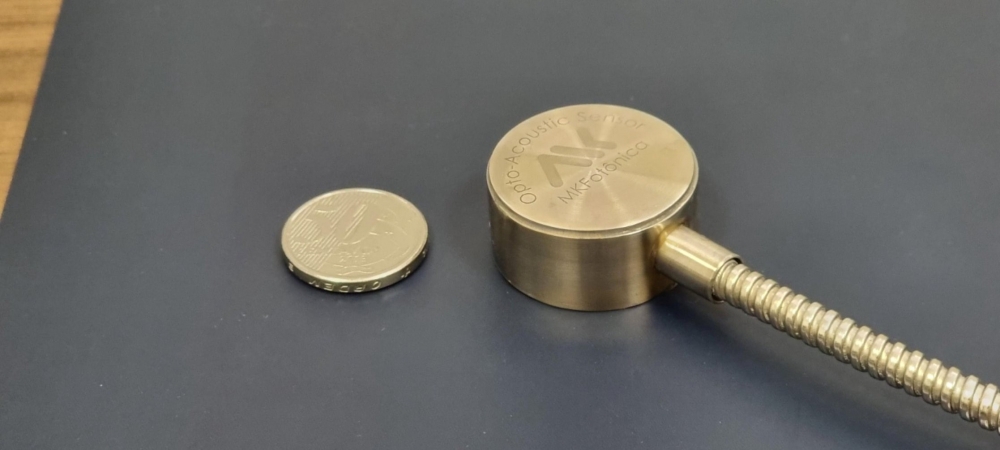
With optoacoustic sensors, a FAPESP-supported company monitors critical environments safely and accurately.
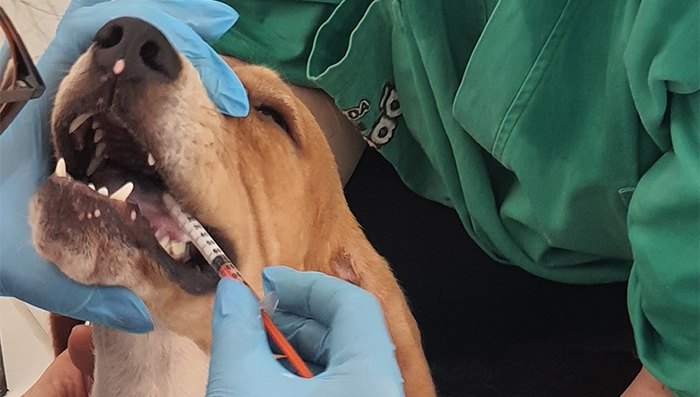
An unprecedented project in Brazil uses nanocrystals to advance veterinary medicine.
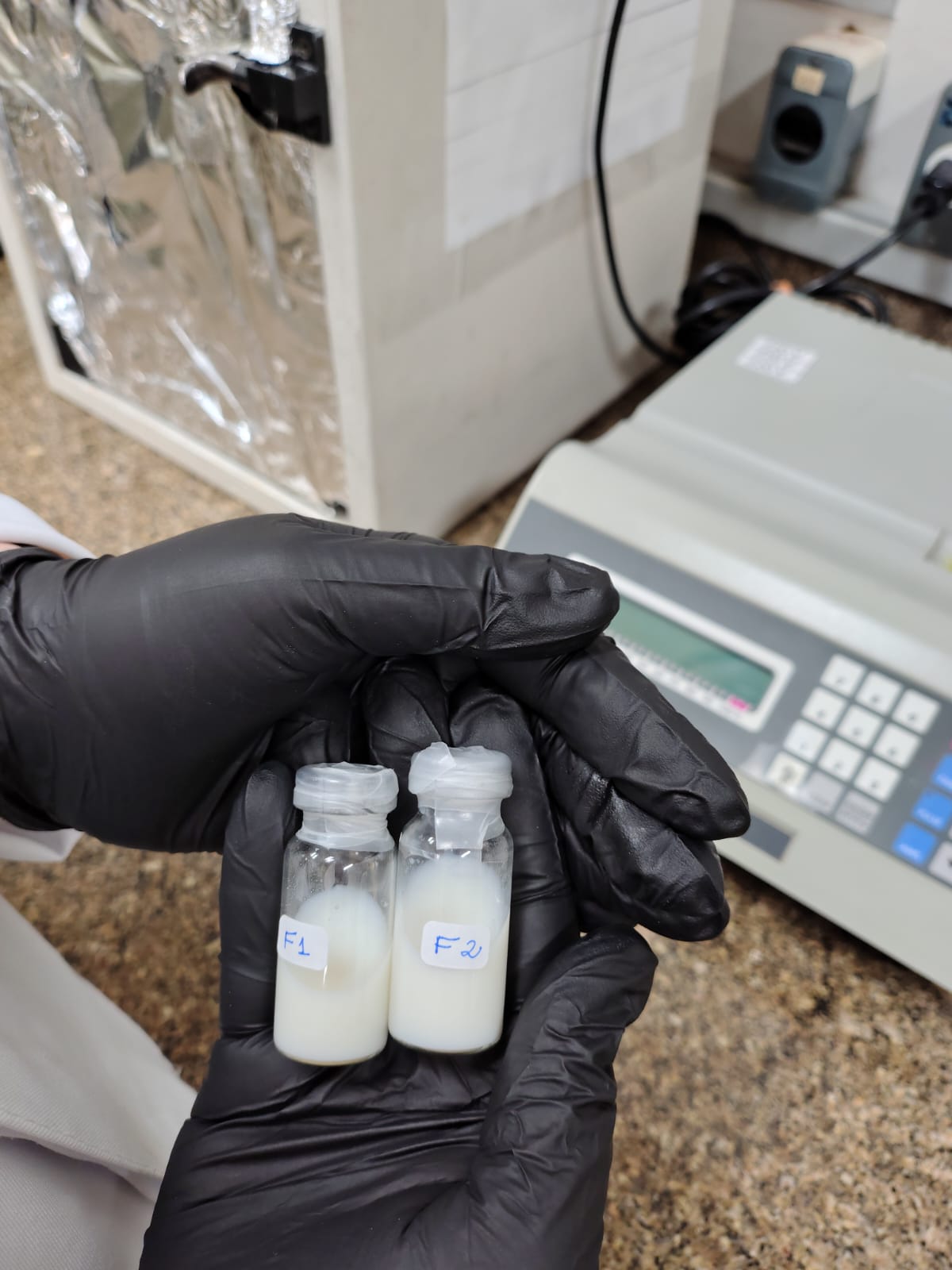
Solution created by Brazilian startup can treat pain and inflammation in pets.
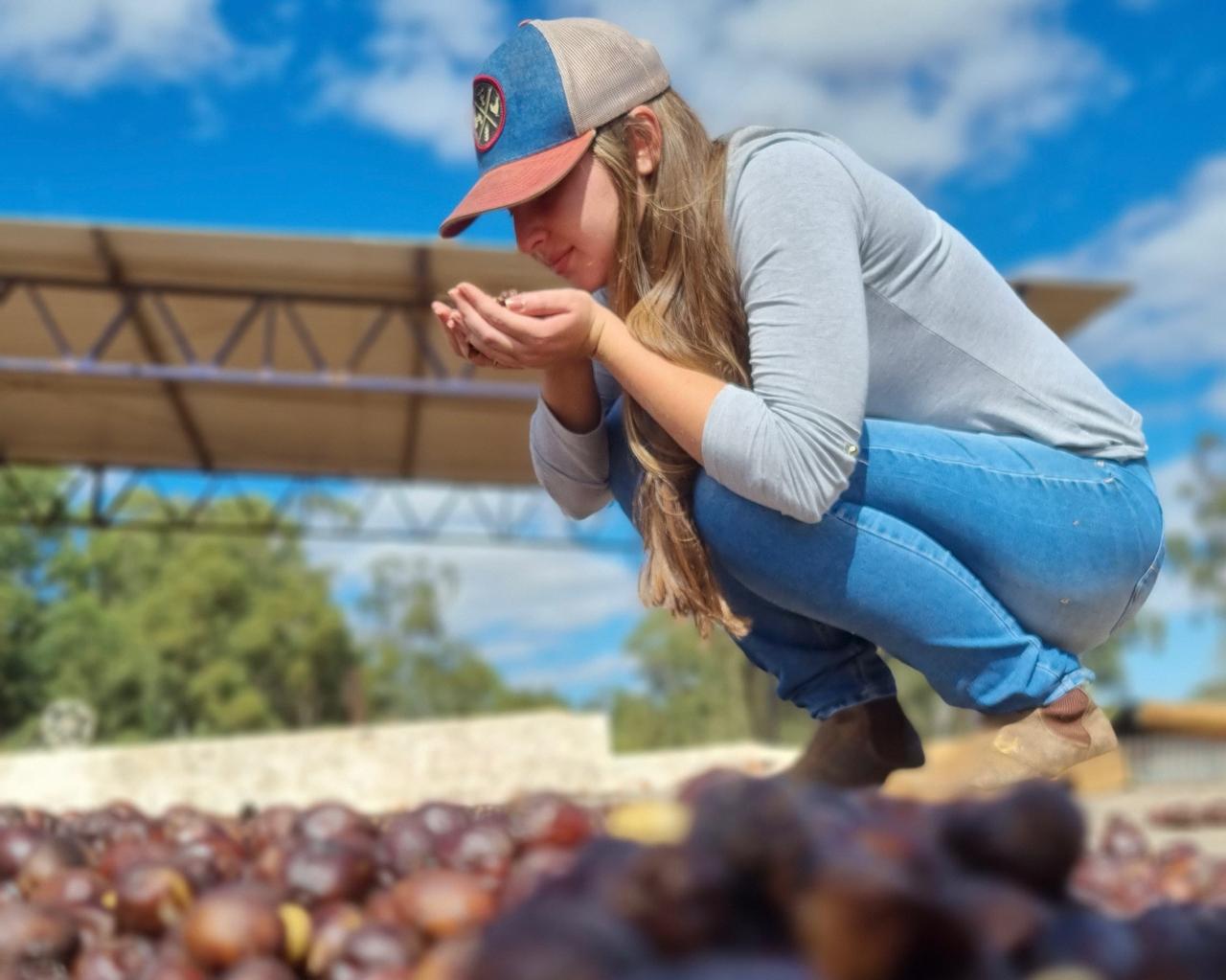
Normally discarded due to their astringent taste, green beans from the Arara cultivar were subjected to airless fermentation and produced high-quality beverages in blind tests. Brazilian researchers see potential for the product to be valued in domestic and foreign markets.
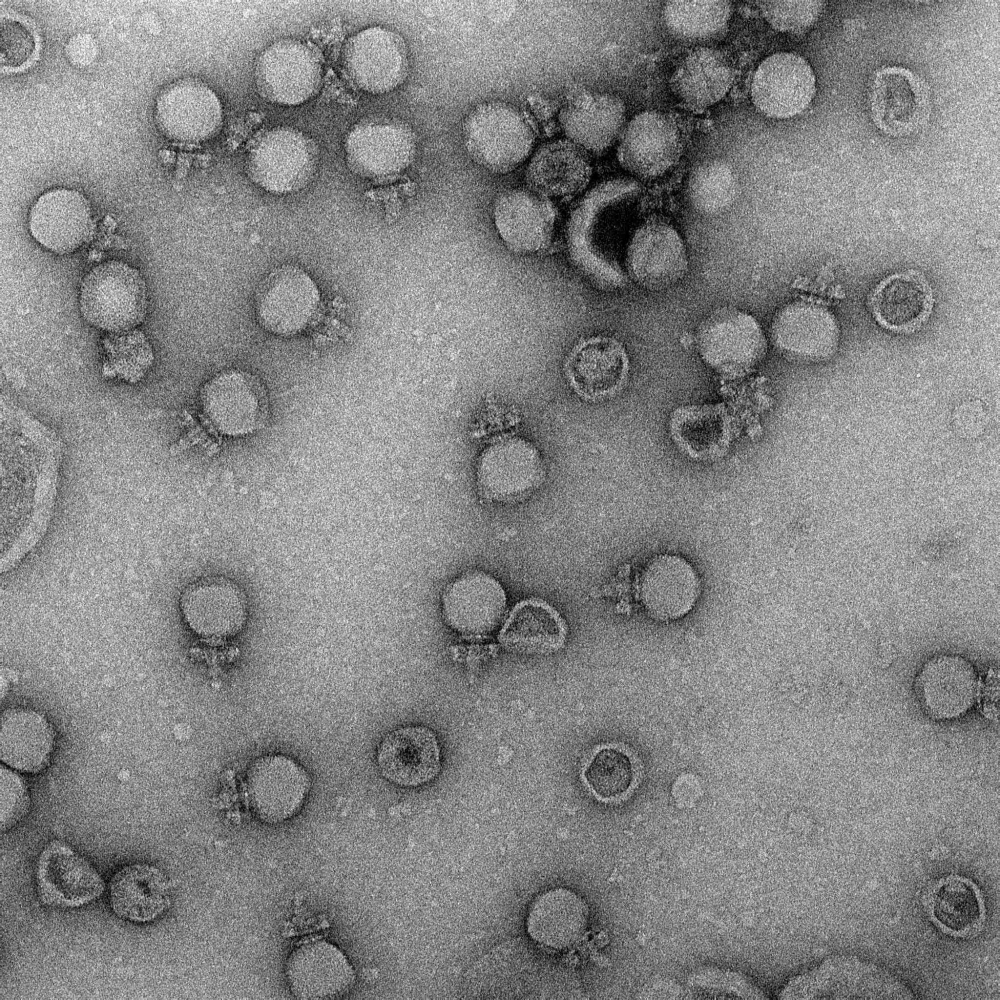
The startup uses bacteriophages to prevent mastitis in dairy cows and reduce the use of conventional drugs.
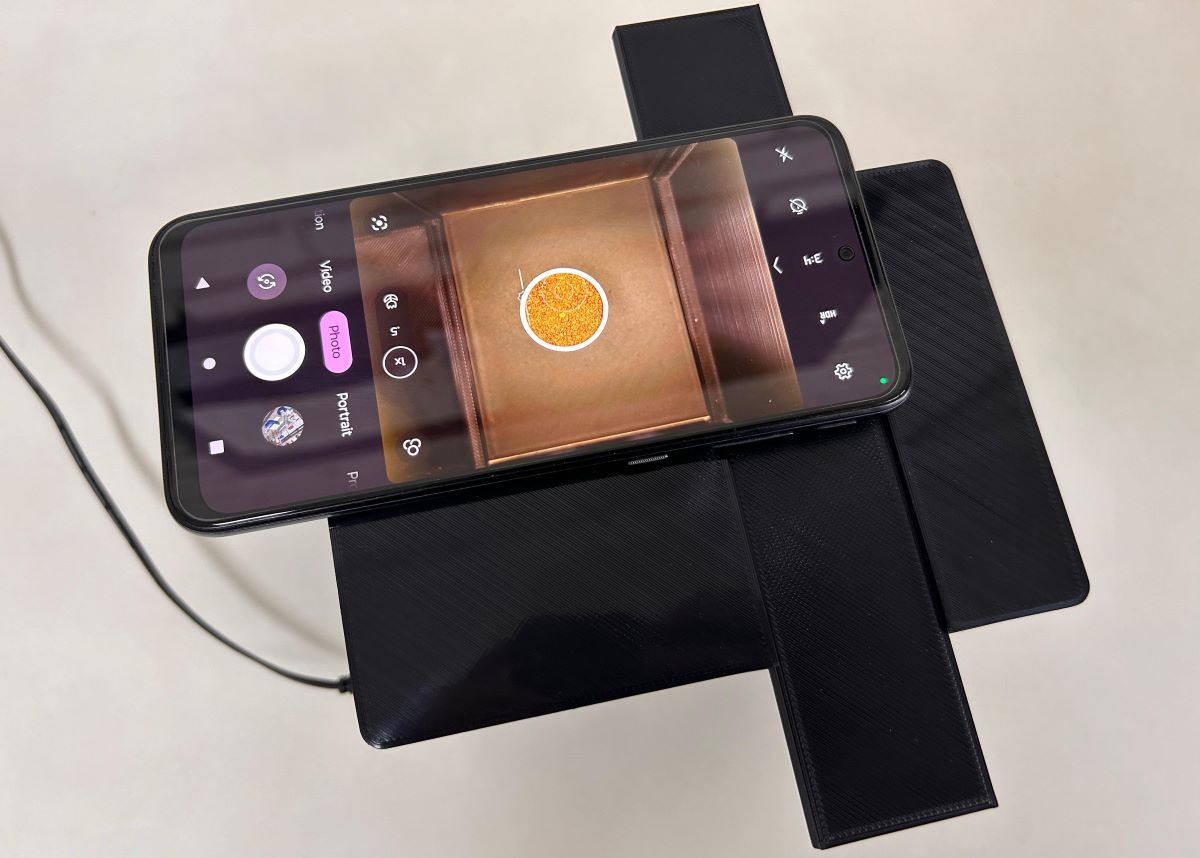
The method is part of a series of international studies on the Canephora species published by Brazilians and can be adapted to identify “fake coffees”.
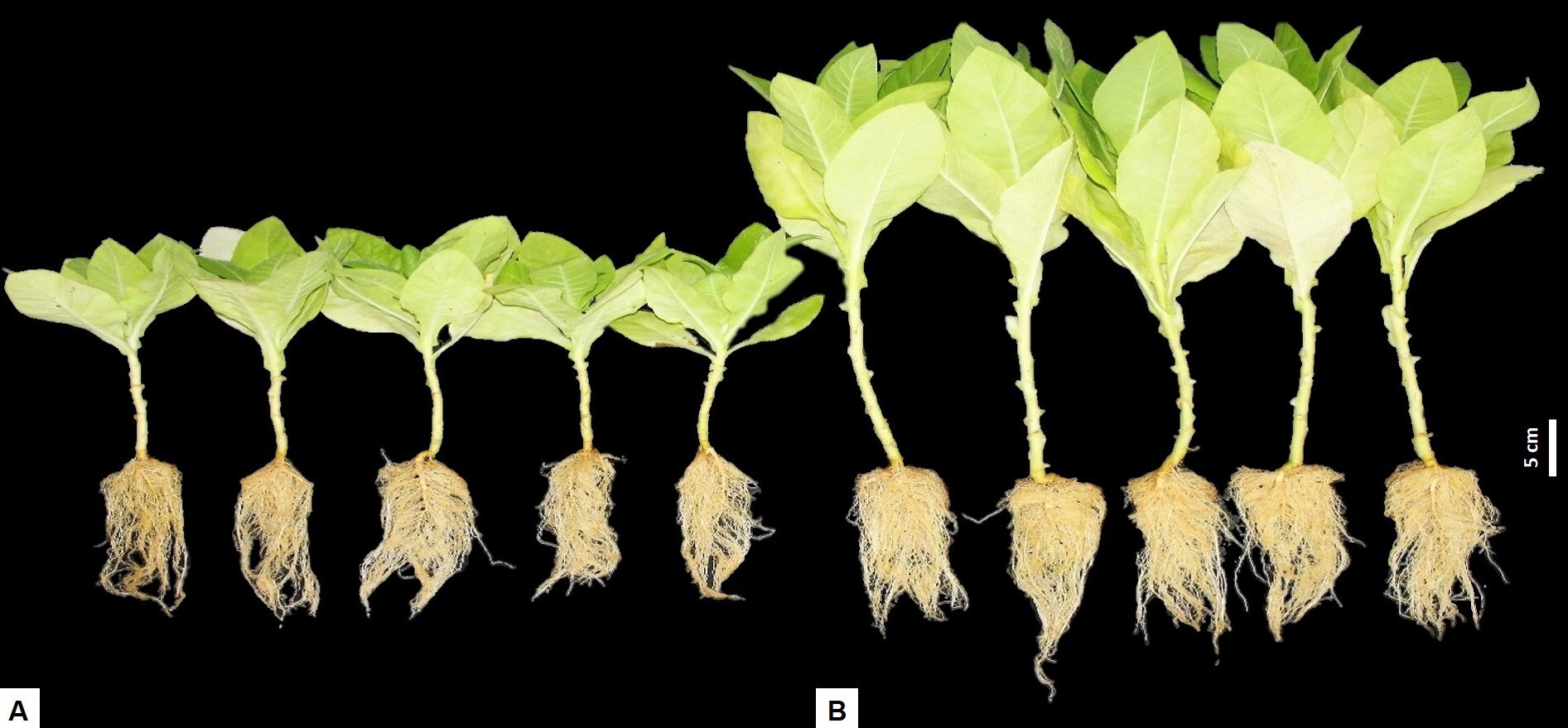
The solution is produced using chalcone, a chemical substance from the flavonoid family, and has the potential to be used in agriculture and forest restoration.
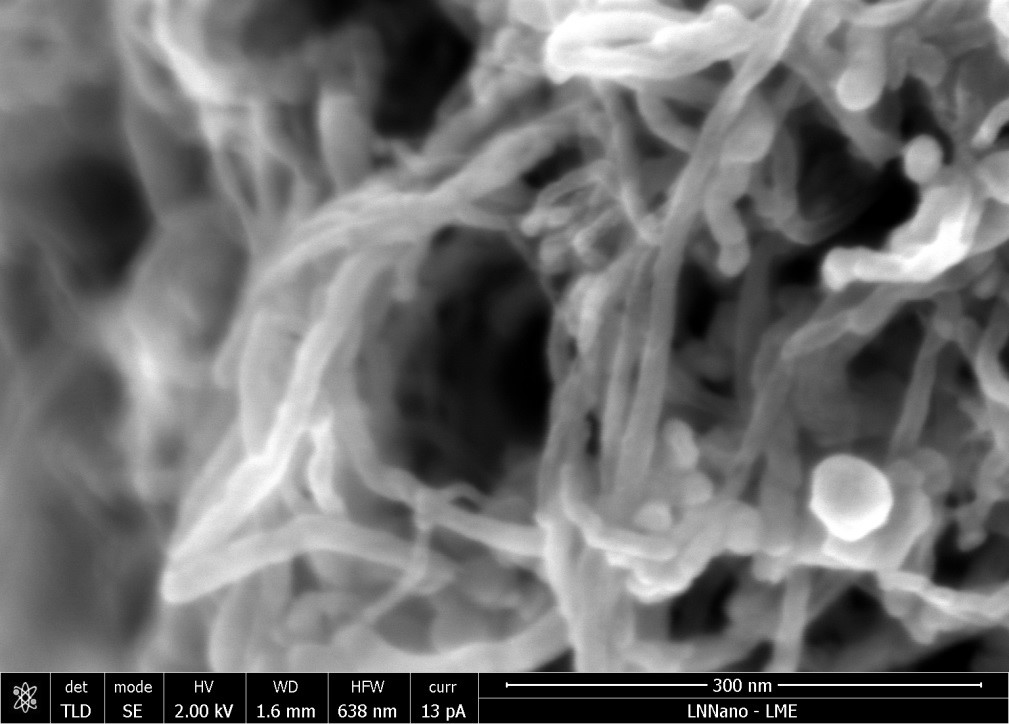
Researchers at the University of São Paulo and Sapienza Università di Roma obtained the material without the need for high temperatures. The product has many potential applications, ranging from electronics to cosmetics.
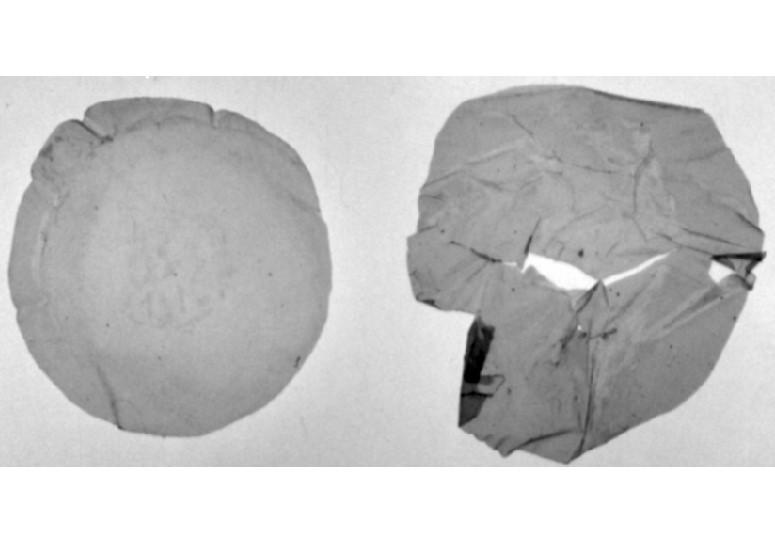
Called BR4, the microorganism breaks down PET and produces PHB, a high-quality biopolymer that can be used to manufacture sustainable packaging and for biomedical applications.